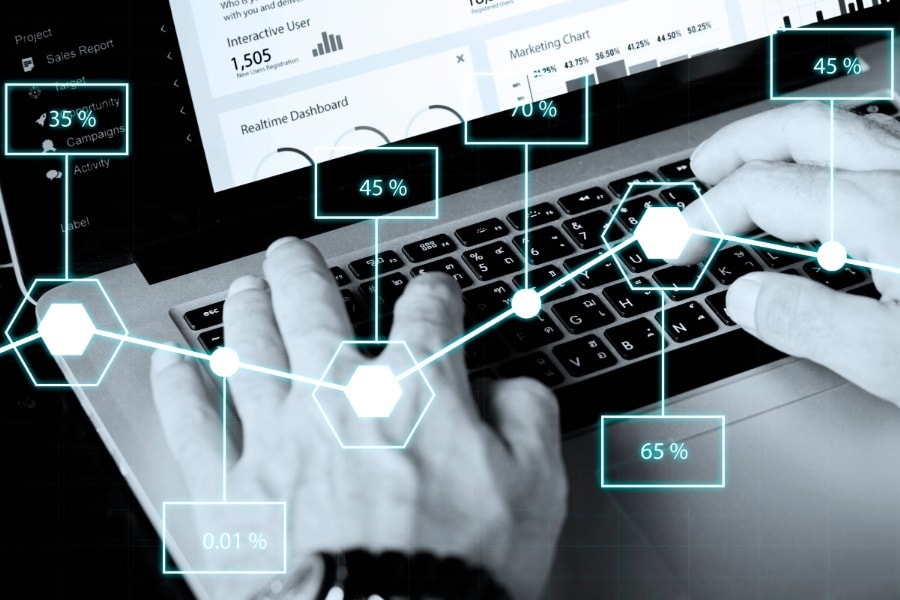 Aveekshith Bushan, Vice President and GM, Asia Pacific and Japan, Aerospike
Aveekshith Bushan, Vice President and GM, Asia Pacific and Japan, Aerospike
India is experiencing a data revolution that is changing its economic landscape. Real-time data availability and analytics have risen in importance for operational efficiency and economic growth. With over 1.4 billion citizens, the country has increased its use of real-time data to make informed decisions, optimise processes, and increase overall productivity.
The India Tech Stack
At the core of this shift is India’s complex technology infrastructure, known as the India Stack. This includes digital products such as Aadhaar, Unified Payments Interface (UPI), and various other systems that involve citizens. By enabling seamless, secure transactions and data exchanges, the India Tech Stack has laid the groundwork for a data-driven economy that empowers businesses and consumers alike.
For example, UPI has revolutionised the way Indians pay, processing over 10 billion transactions per month by August 2024. The platform not only facilitates instant payments but also provides businesses with insights in real-time with regard to customer interactions. This integration of real-time data into everyday operations is a testament to the power of the India Tech Stack and its role in modernising the Indian economy.
 Building Scalable and Efficient Solutions
Building Scalable and Efficient Solutions
Data to DecisionReal-time data is transforming decision-making in the Indian industry domain. By enabling companies to access and analyse data as it is generated, real-time analytics facilitates quicker decision-making, optimises operations, and enhances customer experiences. For India Inc., this means being able to respond to market changes, consumer behaviour, and operational challenges instantaneously.
Real-time data is the engine that drives efficiency and economic growth. Take, for instance, the retail sector. Companies that use real-time data can monitor inventory levels, track consumer purchasing patterns, and adjust pricing strategies as they happen. This agility not only reduces costs but also increases sales and customer satisfaction. In the financial services sector, real-time data powers fraud detection systems that protect consumers and ensures the integrity of transactions. By preventing fraudulent activities in real time, these systems save millions and build trust in digital platforms.
Real-Time Data in the Era of AI
Real-time data is the key to staying competitive in the era of artificial intelligence (AI). I T has always been used in traditional AI applications like fraud detection, recommendations, and risk analysis.
Using AI algorithms, companies can process large amounts of data at unprecedented speeds, providing them with actionable insights almost immediately. With the advent of generative AI (GenAI), particularly large language models (LLMs), the scope of AI has expanded dramatically. A key challenge arises as GenAI systems continuously ingest data, requiring timely processing. Earlier, AI applications involved training data and creating models through statistical analysis and linear programming before the advent of the generative AI (GenAI) ecosystem.
Real-time data becomes essential in this context, enabling the generation of relevant insights instantly, thus playing a critical role in the GenAI development pipeline. This speed and accuracy is important in today’s fast-paced business environment, where the ability to make informed decisions fast can be the difference between success and failure.
Turning Data into Profit
Indian companies are increasingly investing in real-time data capabilities to boost revenue. Within 2023, the outlay of Indian businesses on data analytics solutions was approximately Rs 50,000 crore, a figure estimated to grow by 15% annually, as per information in a report by National Association of Software and Service Companies (NASSCOM) and Frost & Sullivan.
Moreover, real-time data is used to optimise supply chains, improve customer experience, and drive profitability. For example, in the e-commerce sector, real-time data enables personalised marketing strategies that boost sales and customer loyalty. By analysing browsing patterns, purchase history, and social media activity, companies can tailor their offerings to individual preferences, leading to higher conversion rates and increased revenue.
Future Trends and Opportunities
Looking ahead, a combination of Internet of Things (IoT) and blockchain is set to drive further innovation in real-time data. IoT devices, which generate large amounts of data, are providing new opportunities for businesses to streamline operations and create better customer experiences. On the other hand, blockchain, with secure and transparent data management capabilities, is poised to revolutionise industries such as financing and supply chain management.
Real-time data is transforming India Inc., driving efficiency, profitability, and financial growth. As Indian companies continue to invest in data-driven technologies, they will be better positioned to compete in the global marketplace. Embracing real-time data isn’t just an option – it is imperative to stay ahead in today’s rapidly evolving business environment.
The pages slugged ‘Brand Connect’ are equivalent to advertisements and are not written and produced by Forbes India journalists.
